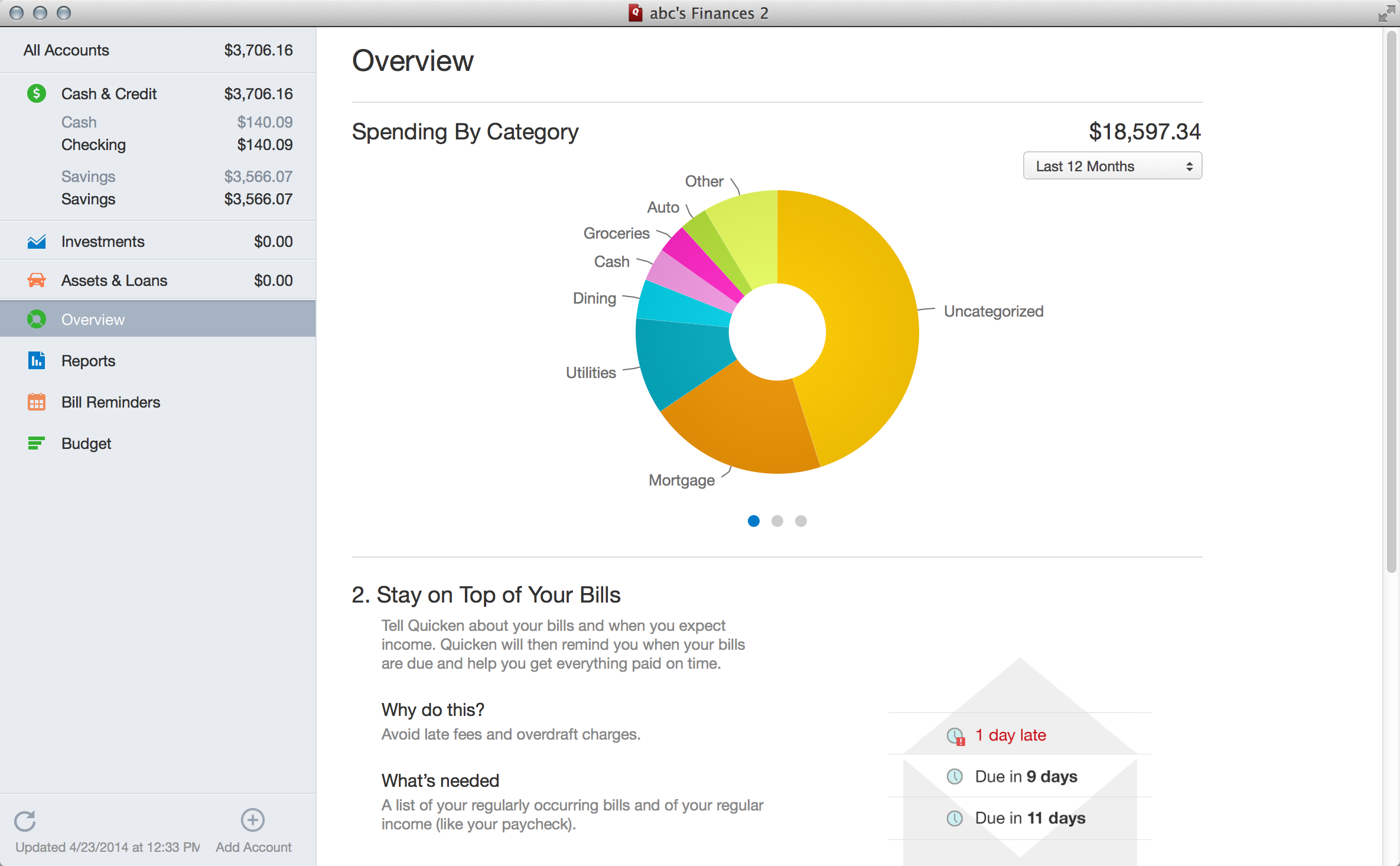
Moving down the sphere of influence, scammers also try to pose as famous celebrities, businesspeople, or cryptocurrency influencers.


Once trust has been granted, conversations often turn to lucrative cryptocurrency opportunities and the eventual transfer of either coins or account authentication credentials. Approximately 20% of the money that people reported losing in romance scams was in cryptocurrency. Scammers often utilize dating websites to make unsuspecting targets believe that they are in a real long-term relationship. When one of these trusted connections demands cryptocurrency for any reason, it can often be a sign of a scam. Scammers will often use any angle or amount of time needed to gain the trust of a potential victim so that in turn they reveal key information or send money to the scammer's digital wallet. The basis of these types of scams condition people to think that they are dealing with a trusted entity such as a government agency, well-known business, tech support, community member, or friend. Social engineering scams are those in which scammers use psychological manipulation and deceit to gain control of vital information relating to user accounts. In some cases, this even includes access to physical hardware.Transferring cryptocurrency directly to a scammer due to impersonation, fraudulent investment or business opportunities, or other malicious means. Initiatives targeted at obtaining access to a target's digital wallet or authentication credentials: This means scammers look to get information that gives them access to a digital wallet or other types of private information such as security codes.

Generally speaking, cryptocurrency scams fall into two different categories: TakeawaysThe mad rush into cryptocurrency over the past several years has caught the attention of all kinds of investors, but it has also caught the attention of scammers.Crypto scams are most often targeted at gaining private information such as security codes or tricking an unsuspecting person into sending cryptocurrency to a comprised digital wallet.Social engineering scams such as giveaways, romance scams, phishing, extortion emails, and others mentioned within the article are a problem in broader society, but they are especially prevalent when it comes to cryptocurrency. Given the exponential rise in crypto scams being reported, it is important to be aware of the common types of scams and what kinds of things you can do to protect yourself from being cheated. These figures reflect a 12-times increase in the number of reports compared to the same period on a year ago and a nearly 1,000% rise in reported losses. As the attention of retail investors, speculators, and various types of institutional investors continuesto turn toward the lucrative cryptocurrency markets, so too is the attention of scammers and cheats.Īccording to the Federal Trade Commission's Consumer Sentinel, Since October 2020 through March 31, 2021, reports of crypto-related scams skyrocketed to nearly 7,000 people reporting losses of more than $80 million. Today, the fast-changing state of the cryptocurrency market and the type of impact it will have on the future of commerce trigger many similarities to those sentiments mentioned above.

Feelings of what it was like in the Wild West often hit close to home for those who find themselves within a period of history where new markets, manufacturing processes, or technological innovation upturn traditional ways of living or doing business. This period is often characterized by volatility, risk, reward, and loss. Thoughts of the American Frontier, also known as the Wild West, often conjure up visions of lawlessness and expansion into new unknown territory.


 0 kommentar(er)
0 kommentar(er)
